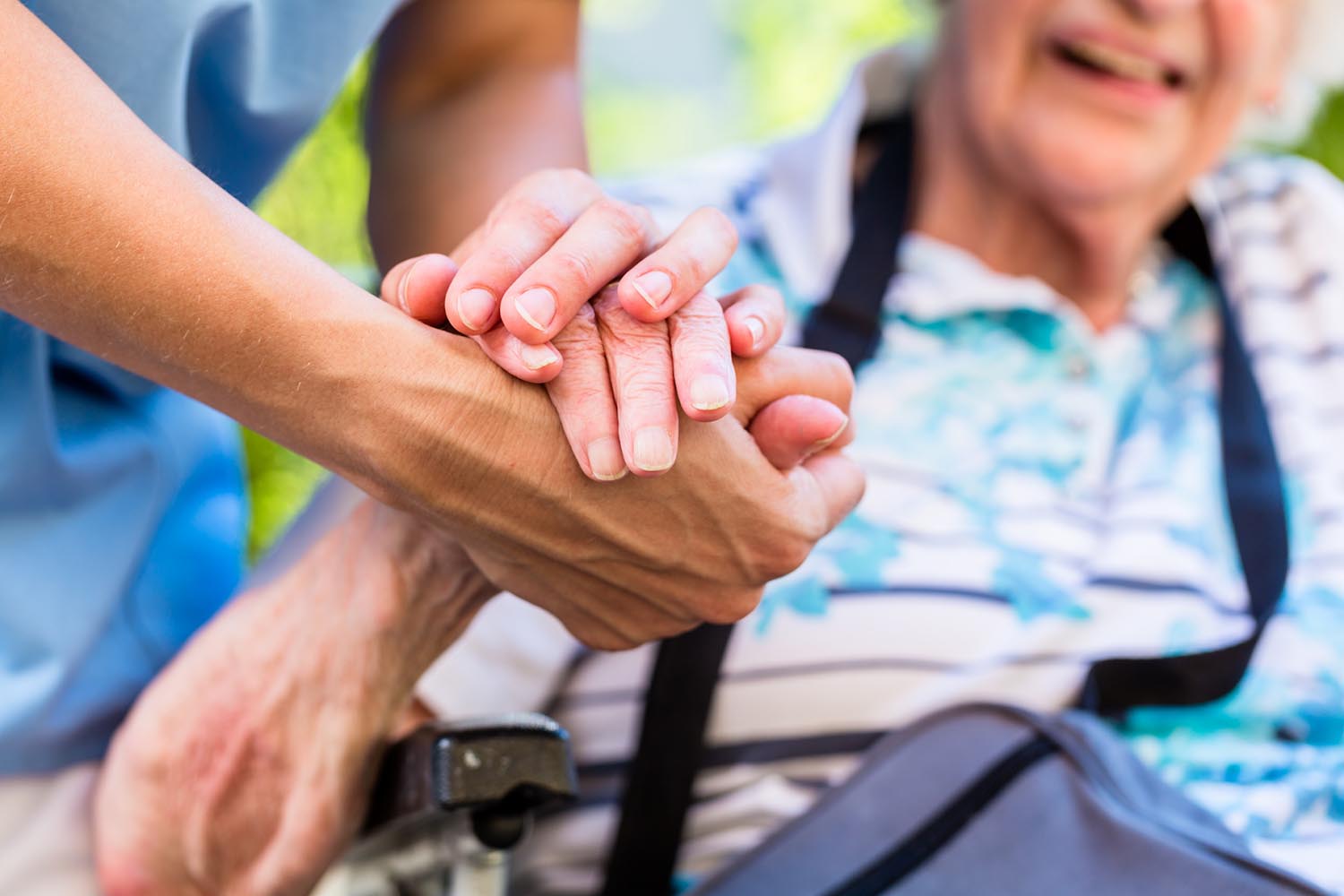If you have an aging loved one who can no longer manage their own basic needs, you may want to become their caregiver, or you may feel that you’re obligated to take on that responsibility. While it’s true that family members often take on caregiving duties, this is not the only option — and it may not be the best option.
Caregiving often falls on women’s shoulders, and even women in executive roles may feel pressure to take on these responsibilities. Sometimes aging parents make it clear that they expect their children to take care of them. However their children are busy with their own families and careers and may not have incorporated this into their plans.
The Downside of Family Caregiving
Being a caregiver is physically and mentally exhausting, and when complex family dynamics are involved, it can also be emotionally fraught.
People who are new to caregiving often discover that it requires a significant time commitment, limiting their ability to make social plans or travel. A busy professional who adds caregiving responsibilities to their to-do list may feel overwhelmed.
Taking on more than you can handle is likely to leave you burned out. If family caregiving becomes a source of stress for you, it can take a toll on your mental health and damage your relationship with your loved one.
Is It Time to Hire a Professional Caregiver?
For some caregivers, the thought of hiring help brings up feelings of guilt — but relinquishing your caregiving responsibilities doesn't mean you're letting your loved one down. In fact, a skilled home care aide may be able to provide better and more consistent care.
If you’re having trouble balancing caregiving responsibilities with your own needs, acknowledge your limits and set boundaries. A professional caregiver can lighten your load and make it possible for you to spend quality time with your family, including the family member who needs extra support.
How to Find a Trustworthy Caregiver
To make sure your loved one is in good hands, find a home health aide you trust and respect.
Hiring a professional to care for an aging family member at home sounds straightforward — and it can be. But if you or other family members have concerns about the quality of the care their loved one is receiving, they may attempt to micromanage the caregiver’s work. If family members frequently interrupt the home health aide with questions and special requests, it could interfere with the aide’s ability to provide efficient care.
When you hire an aide who has been carefully vetted, you’ll have confidence in their ability to do great work. This gives you the freedom to focus on your other priorities.
Of course, it’s important to be kept in the loop about your loved one's care, but if you find yourself closely monitoring every aspect of the aide's work, remind yourself why you hired them in the first place.
Do you need help finding a great caregiver? Better Health Advisors has a detailed process for vetting doctors, and we take a similar approach to recommending other providers, including home health aides.
An expert health advisor can help with every aspect of your loved one’s care, including:
- Determining when it’s time to hire a caregiver and if that is the best option for your family
- Overseeing the caregiver’s work to be sure all needs are met
- Relaying key medical information from the caregiver to the rest of the medical team
- Managing external doctor’s appointments
- Creating an escalation plan in case your loved one needs emergency care
- Arranging for more support as their care needs change
If you have questions about caring for an aging loved one, or want support navigating other aspects of the healthcare system, reach out and let us know.



